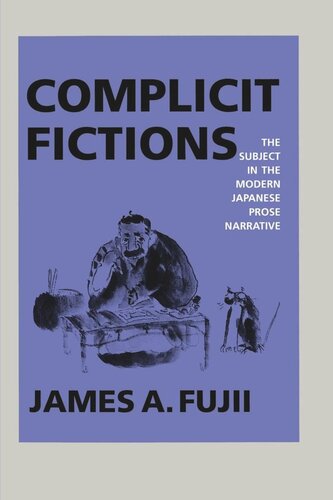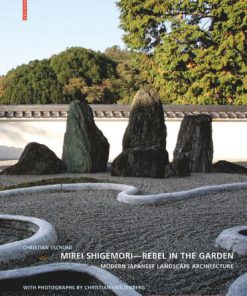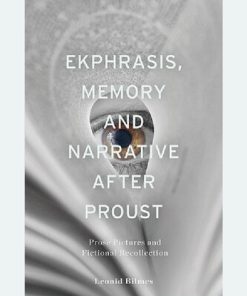Complicit Fictions The Subject in the Modern Japanese Prose Narrative by James A. Fujii 9780520912403 0520912403
$50.00 Original price was: $50.00.$25.00Current price is: $25.00.
Complicit Fictions The Subject in the Modern Japanese Prose Narrative James A. Fujii – Ebook Instant Download/Delivery ISBN(s): 9780520912403, 0520912403

Product details:
- ISBN 10: 0520912403
- ISBN 13: 9780520912403
- Author: James A. Fujii
Modern Japanese literature has long been judged by Western and Japanese critics alike according to its ability to measure up to Western realist standards—standards that assume the centrality of an essential self, or subject. Consequently, it has been made to appear deficient, derivative, or exotically different. Fujii challenges this prevailing characterization by reconsidering the very notion of the subject. He focuses on such disparate twentieth-century writers as Natsume Soseki, Tokuda Shusei, Shimazaki Toson, and Origuchi Shinobu, and particularly on their divergent strategies to affirm subjecthood in narrative form. The author probes what has been ignored or suppressed in earlier studies—the contestation that inevitably marks the creation of subjects in a modern nation-state. He demonstrates that as writers negotiate the social imperatives of national interests (which always attempt to dictate the limits of subjecthood) they are ultimately unable to avoid complicity with the aims of the state.
Fujii confronts several historical issues in ways that will enlighten historians as well as literary critics. He engages theory to highlight what prevailing criticism typically ignores: the effects of urbanization on Japanese family life; the relation of literature to an emerging empire and to popular culture; the representations of gender, family, and sexuality in Meiji society. Most important is his exposure of the relationship between state formation and cultural production. His skillful weaving of literary theory, textual interpretation, and cultural history makes this a book that students and scholars of modern Japanese culture will refer to for years to come.
Table contents:
1 INTRODUCTION
2 NARRATING RESENTMENT THROUGH URBAN-RURAL TENSION Shimazaki Tōson’s Kyūshujin
3 CHANGING METAPHORS From Vertical Hierarchy to Centralization in Tōson’s Hakai
4 BETWEEN STYLE AND LANGUAGE The Meiji Subject and Natsume Sōseki’s Neko
5 DEATH, EMPIRE, AND THE SEARCH FOR HISTORY IN NATSUME SŌSEKI’S KOKORO
6 CLAIMING THE URBAN LANDSCAPE Tokuda Shūsei as Discursive Creation
7 FROM SERICULTURE TO PIECE-WORK Visualizing the “Rowdy” Subject in Shūsei’s Arakure
8 EPILOGUE The Kindai Shōsetsu and Origuchi Shinobu
People also search:
complicities book
complicity book review
complicit novel
complicit book
the complicities book
You may also like…
Religion & Spirituality - Islam
Islam in the Contemporary World A New Narrative 1st Edition Zafarullah Khan
Poetry - American Poetry
Uncategorized
Mirei Shigemori Rebel in the Garden Modern Japanese Landscape Architecture Christian Tschumi
History - Military History












